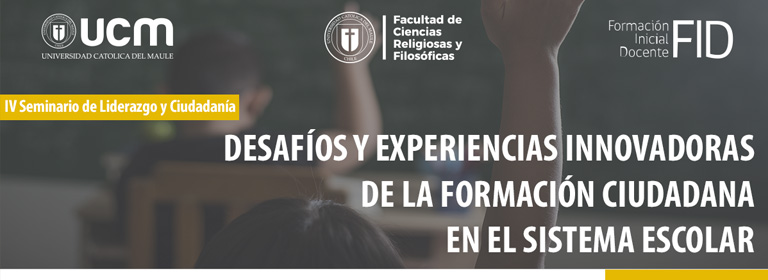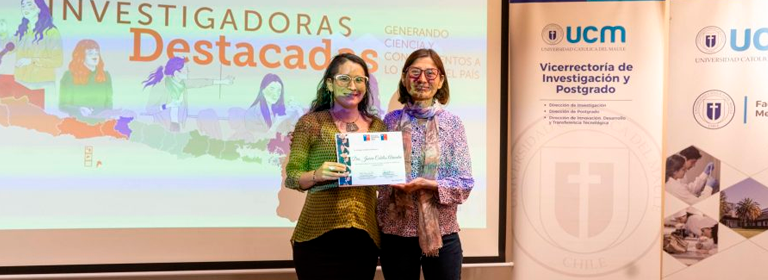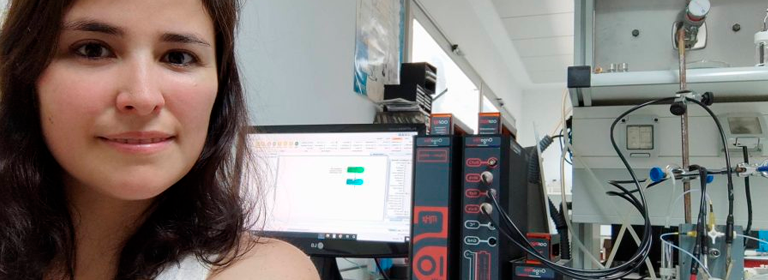A member of the esteemed UCM family since 2019, Dr. Ranjeeva Ranjan will soon complete three months at the helm of the Directorate of Research at the Universidad Católica del Maule (UCM). Dr. Ranjan is an academic at the Faculty of Education Sciences and has led relevant projects funded by ANID and CNED, including an initiative linked to multilingualism and language policies (FOVI) and a Fondecyt Iniciación grant.
Dr. Ranjan holds a PhD. in Spanish Literature and Language from Jawaharlal Nehru University in Delhi —recognized by accreditation bodies as the prime institution of higher education in India— discuss his most recent role in the institution.
What makes Chile attractive to foreign researchers and students?
Chile has a long tradition of quality public education and a commitment to modernizing the sector. Governments across the political spectrum have made efforts to provide academia with financial tools to address the needs of the different regions and promote the integral development of the country, from all disciplines of knowledge, with a special focus lately on the Humanities and Social Sciences.
International students are drawn to the prestige and commitment to quality shown by Chilean universities, which must comply with the rigorous standards set by the National Accreditation Commission, ensuring continuous and systematic effort.
What is the singularity of the UCM that most represents you?
The UCM is widely known in the central-southern regions of Chile for its humanistic seal and deep respect for human dignity. The University encourages its students and researchers to engage with the environment and to become aware of community issues, emphasizing values such as integrity, honesty, and respect.
How do you expect to strengthen the research excellence developed by the University?
The UCM is firmly progressing towards the concept of a complex University that extends beyond teaching. Therefore, from the Research Department we must generate conditions and incentives for multidisciplinarity and innovation as characteristics that must be present in an accredited institution.
The multidisciplinary approach requires to increasing the participation of different sciences at all levels to comprehensively address environmental challenges, which is a significant undertaking.
At this stage, it is crucial not only to develop quantitative indicators, but also to generate a vocation for complexity, which implies new efforts in institutional management.













